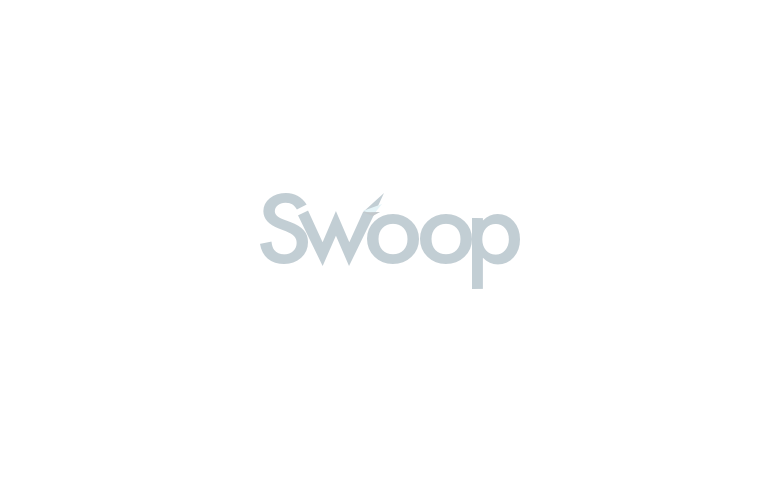An unsecured business loan is a loan that doesn’t require you to offer security (in contrast to a secured business loan). As these loans are not secured by collateral (assets to be sold in forfeiture of debt), they are likely to charge higher interest rates as the lender assumes a higher degree of risk. Also, the borrower is required to show an excellent credit history and cash flow projection.
The loan amount could be from as little as $1,000 to $2,500, and the term rates up to 5 years.
Here are three scenarios where you might look at taking out an unsecured business loan:
- you’re looking to borrow, but you don’t have much in terms of tangible assets (e.g. you rent an office rather than owning commercial property)
- you do have some valuable assets but you don’t want to borrow more than your assets are worth
- you’d prefer not to offer specific assets as security
You might want to consider an unsecured loan if you want to borrow more than the value of your assets, if you would prefer not to offer security, or if you’re a fast-growing business that needs finance quickly.
On the plus side, unsecured business loans are usually simpler and quicker to arrange than secured loans because there is no need for the lender to inspect or value any assets.
However, in the absence of any security, the lender cares much more about your business’s profile – and may also look at your personal credit history and personal assets. After all, they will need assurance that you can repay the loan if things don’t go to plan. Unsecured lending is usually more expensive than secured lending because there’s more risk for the lender.
For an unsecured loan, the lender may look at:
- revenue and profit (vs. loan amount)
- bank statements
- filed accounts
- trading history
- payment history (e.g. late payments, county court judgments)
- directors’ histories (lenders may ask for a personal guarantee)
- forecasts and business plans
- your clients/customers
Unsecured lending for SME’s may be an attractive option especially for smaller amounts as it is straightforward and quick access to funding.
The flexibility of repayment periods which can be up to five years allows smaller businesses to respond quickly to cash-flow or liquidity problems. As you are already trading, the lender will assess against your business prospects.
However, for larger amounts (over $25,000) the rates offered on an unsecured loan may be uncompetitive as it reflects the higher risk taken by the lender. You may find short to medium-term loans at lower rates.
An unsecured loan is ideal for the SME that needs to borrow money without providing security. If you are just starting up or you don’t have any assets to use as collateral, raising capital can be tricky. A business loan which is not secured may be the optimal option for your business.
Unsecured lending is a broad term. As well as short-term loans and ‘term’ loans (i.e., medium-term and long-term loans), it includes, for example, merchant cash advances, revolving credit lines, overdrafts and credit cards.
You might also want to consider the different types of working capital finance.






 yet? Register here!
yet? Register here!